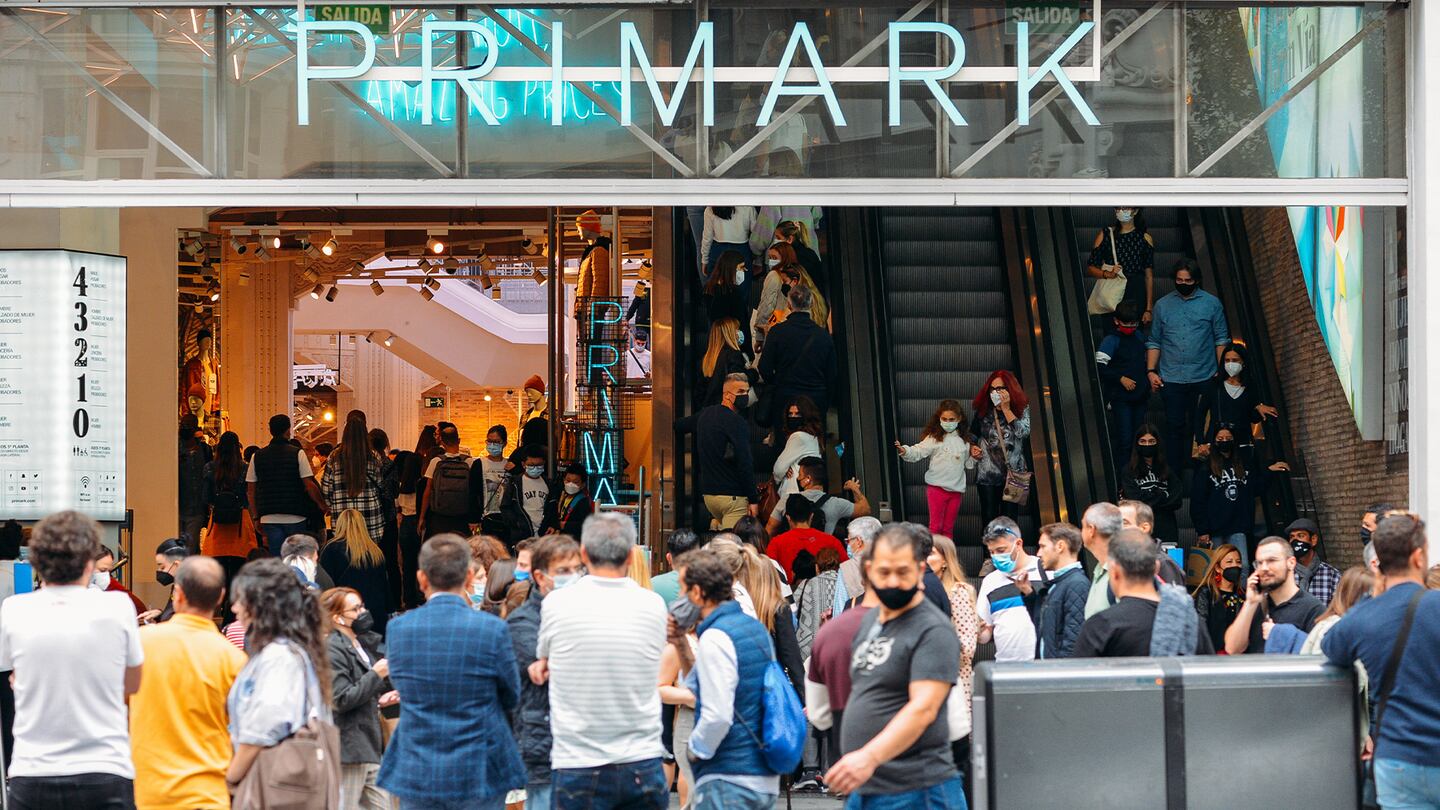
The Business of Fashion
Agenda-setting intelligence, analysis and advice for the global fashion community.

Agenda-setting intelligence, analysis and advice for the global fashion community.

The owner of Primark said its full-year profits would be higher than previously expected, helped by strong sales of Barbie T-shirts, cargo shorts and boho dresses, as well as price increases.
The company behind the budget clothing chain, Associated British Foods, said cargo shorts, linen blend T-shirts and sliders, as well as boho and paisley dresses and its Moroccan-inspired matching outfits for all the family had all sold well over the summer.
The black Barbie men’s T-shirt was the top searched item on the Primark website over the summer, as the Barbie movie became a smash hit at the box office. Makeup and moisturisers are also selling well.
“It’s been a good summer; the products have continued to hold up really well,” said the ABF chief financial officer, Eoin Tonge. Tourists and day trippers have been coming back to London and other big cities such as Manchester, Liverpool and Birmingham, and numbers are close to pre-pandemic levels, which meant Primark’s flagship stores were busier.
ADVERTISEMENT
In the UK this summer, like-for-like sales at Primark increased by 7 percent in the past three months despite heavy rainfall, especially in July and the first half of August, while its stores in southern Europe suffered during record-hot temperatures.
Primark had announced 7 percent price rises for this summer, and there are some slightly higher increases still to come in the autumn and winter, Tonge said.
Looking at the whole sector, he expects clothing prices on the high street to be roughly stable next year and said shoppers should not expect big decreases, because retailers are seeking to rebuild their profit margins.
Primark’s like-for-like sales rose by 9 percent across all countries to £9 billion ($11.2 billion) in the year to 16 September. Along with strong food sales, the group slightly exceeded its previous forecasts last year for an adjusted operating profit of £1.4 billion.
ABF also produces sugar and makes well-known food brands such as Twinings tea, Ovaltine and Patak’s curry products. Its grocery business traded above expectations.
The group’s profit margins are rising again as costs for materials and freight have eased and the dollar weakened. Primark has also pushed through “selective price increases.”
At the same time, it cut prices on some kids’ clothing, including long-sleeve T-shirts, zip-up hoodies and leggings for the upcoming autumn and winter, as well as some baby outfits.
Primark’s UK trial of click-and-collect services, which lets shoppers order online and then pick up their orders at high street stores, in north-west England and Greater London, has been extended from kidswear to womenswear.
ADVERTISEMENT
Total full-year sales are forecast to be 15 percent ahead of last year, with the UK contributing 11 percent growth and Europe 18 percent.
By Julia Kollewe
Learn more:
Primark Under Pressure From Inflation and Weak Sterling
Profit is under pressure at budget fashion chain Primark as the retailer struggles with a weaker pound and the effort to keep clothing cheap for cash-strapped shoppers.
As the German sportswear giant taps surging demand for its Samba and Gazelle sneakers, it’s also taking steps to spread its bets ahead of peak interest.
A profitable, multi-trillion dollar fashion industry populated with brands that generate minimal economic and environmental waste is within our reach, argues Lawrence Lenihan.
RFID technology has made self-checkout far more efficient than traditional scanning kiosks at retailers like Zara and Uniqlo, but the industry at large hesitates to fully embrace the innovation over concerns of theft and customer engagement.
The company has continued to struggle with growing “at scale” and issued a warning in February that revenue may not start increasing again until the fourth quarter.